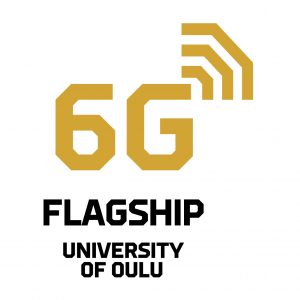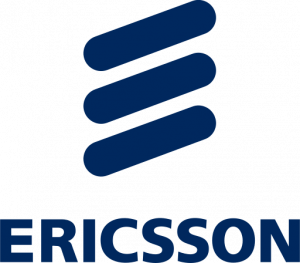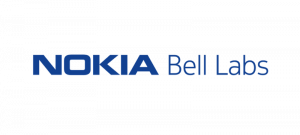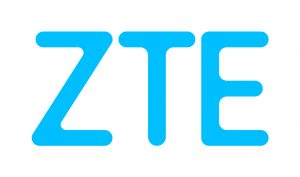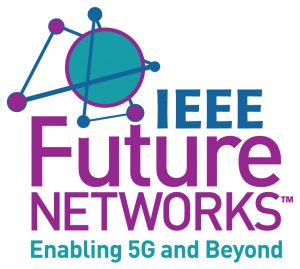
Roger Nichols’ 35 years of engineering and management experience in wireless test and measurement at Hewlett-Packard, Agilent Technologies, and Keysight spans roles in manufacturing, R&D, and marketing. He has managed programs, projects, and departments starting with analog cellular radio, evolving to 5G, and on every standard in between. He has been directing Keysight’s 5G, and now 6G programs since 2014. He is also directing Keysight’s wireless standards strategies and Keysight’s over-the-air measurement R&D center of excellence.
Roger holds a BSEE from the University of Colorado, Boulder.
New Generations of Wireless and Their Impact on Measurement
- History—evolved mobile wireless, evolving test
- Traditional vs. New in 5G
- How will 6G change this
- Call to action from the audience
With years of 5G deployment still to go and the vision for 5G still far from being realized, we are now engaged in serious dialogue for 6G. This may appear premature to many, but the time required to develop a new generation of mobile communications drives the discussion to start fifteen years before the vision can coalesce into its first practical manifestations. 5G set the stage for building a user-centric vision of what mobile communications could be. The early discussions of 6G have a similar ring: how will it appear to the user or the business or the government who will be putting this technology to use. Niels Bohr said that “Prediction is very difficult, especially if it is about the future.” But that will not stop us from anticipating the future. My prediction is that the new technologies, much like their predecessors, will have to be tested and validated. The last two generations have taught us that this goes well beyond measuring bit error rates, RF power levels, modulation accuracy, and even data throughput. A system that is designed to accommodate ever more complex and demanding use-models needs not only for its technologies to be tested, but also its end-to-end functionality and performance to be validated. Our industries and society will move from seeing mobile communications as a novelty and luxury to seeing it and using it as integral part of society, government, and business. This will drive the requirements for measurable service assurance and performance to evolve from adherence to a standard to adherence to SLA and to policy. What demands will standards and policy-makers place on things like “Holographic Type Communications”, “Multi-sense Networking”, and “Time-Engineered Applications”? How will we know if these behave as expected, or as promised, especially as mobile communications migrates to “Critical Infrastructure”? This presentation is an exploration of how such validation has evolved over the past five generations, what is in store for 5G, and how this will have to change for 6G.
Hits: 741
